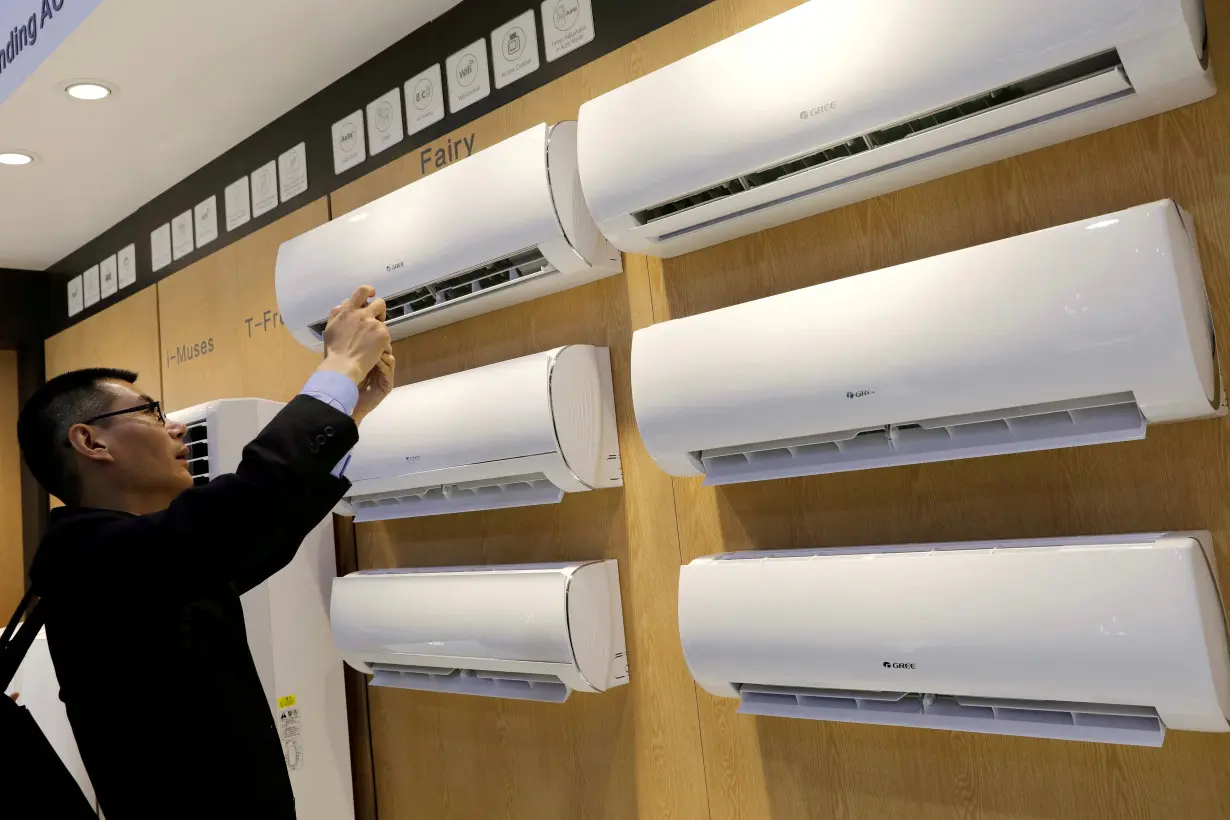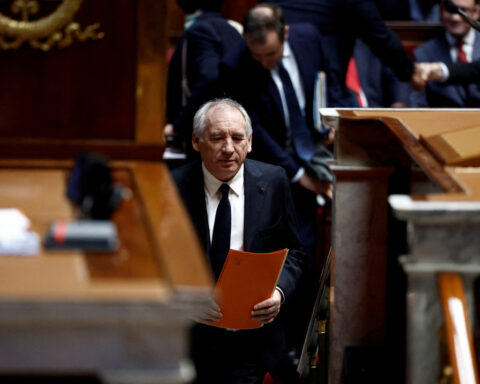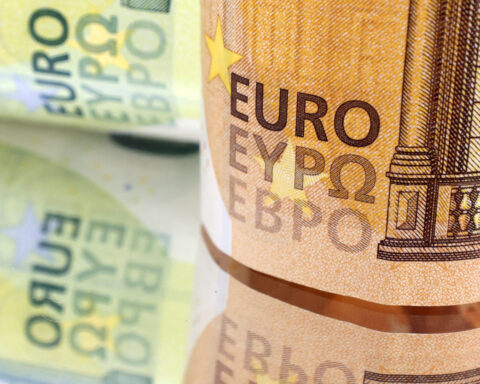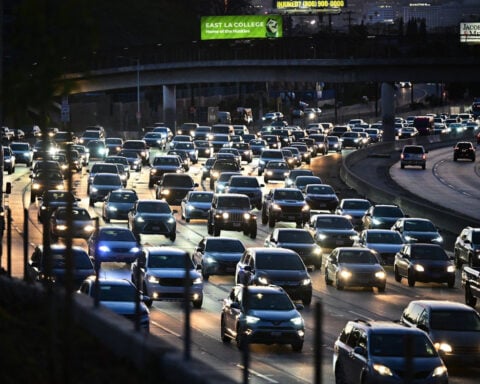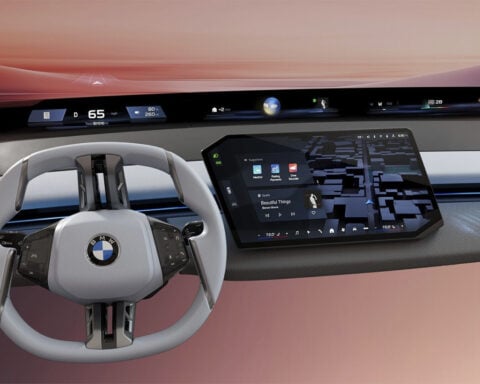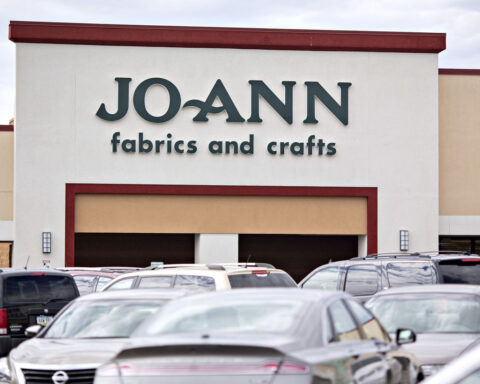BEIJING (Reuters) - China's use of ultra-long treasury bonds to fund a consumer goods trade-in programme deviates from the usual playbook of boosting investment to support the economy and is fuelling expectations for more stimulus that targets household demand.
The state planning agency said on Thursday that about 150 billion yuan ($20.7 billion) of the 1 trillion yuan China is raising through special debt issuance this year will subsidise replacements of old appliances, cars, bicycles and other goods.
Equivalent to 0.12% of economic output and 0.3% of 2023's retail sales, this amount is too tiny to lead to a meaningful rebalancing of the economy towards consumption or guarantee reaching this year's roughly 5% growth target.
It does, however, show that concerns that consumer sentiment lingers near record lows are prompting authorities to finally test measures long called for by economists that are not from the usual supply-side toolkit.
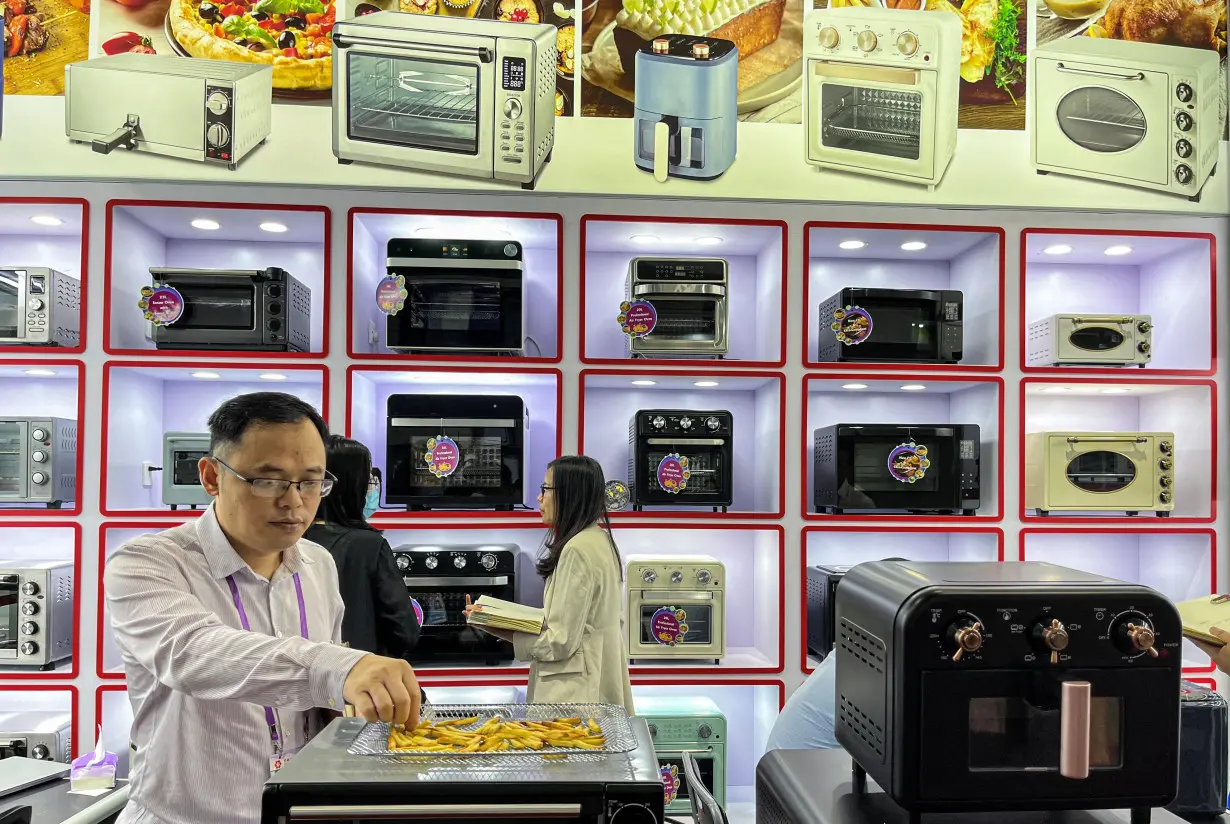
Special bonds traditionally fund "strategic" infrastructure and security-related investments.
"They are changing the way they use such funds in line with the shifts in the economy," Hwabao Trust economist Nie Wen said.
"This is an important change. The most striking problem facing the economy is weak demand, so expanding domestic demand will become a more significant policy option."
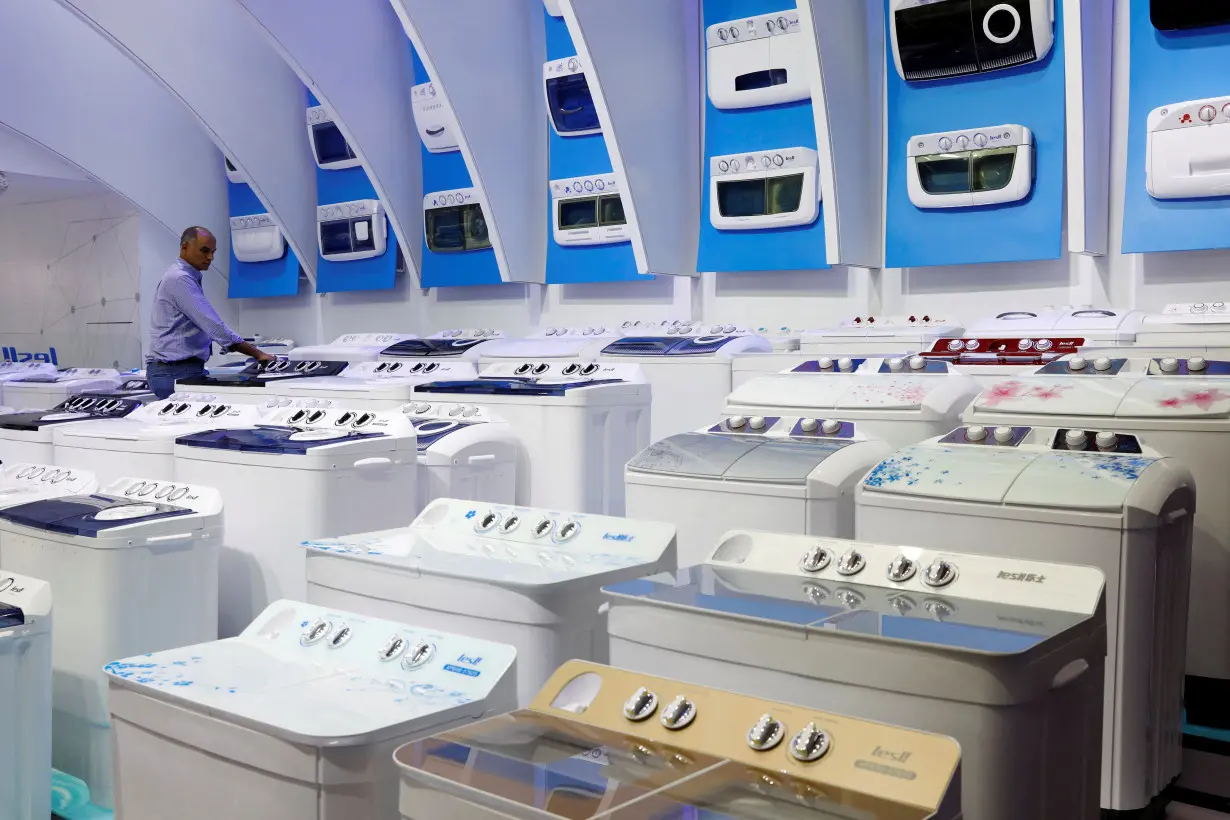
More stimulus measures could be announced at a politburo meeting this month or later in the year if growth fails to pick up, economists said.
After unshackling the economy from three years of COVID-19 restrictions, Chinese officials had hoped that stimulating the industrial sector would stabilise the job market and lead to higher wages and consumption.
What happened instead was that greater industrial capacity led to price wars and a cost-cutting race that kept wages depressed, fuelling job uncertainty and adding to the pain among consumers caused by the property sector downturn.
China's economy missed growth forecasts in the second quarter and remained in a deflationary funk, with retail sales and imports significantly underperforming industrial output and exports.
China initiated the consumer trade-in scheme in March, but Beijing previously enrolled cash-strapped local governments to fund it, with unspectacular results.
The total funds allocated since March are unknown, but appliance sales in June were 7.6% lower than last year, and car sales were down 6.2%.
'INEFFICIENCIES'
China's consumption programme is a rare move, but still a far cry in both scope and size from the handouts seen in the United States and elsewhere during the pandemic, and analysts have raised concerns about its design.
One issue is that front-loading consumption of durable goods in 2024 eats into expected spending on such items in the following years.
"You buy a car today, but you won't buy another one next year," said Tang Yao, associate professor in the department of applied economics at Peking University.
"It will have some constraining effect on durable goods consumption and relevant investment of the future."
Lin, who works for a delivery platform and only gave his surname for privacy reasons, bought a 3,000 yuan ($414) air conditioner he really needed for two-thirds of the cost through the scheme.
But he did not spend the 1,000 yuan he saved on anything else, as he was "not optimistic" about the economy.
The updated programme allows for government subsidies of up to 2,000 yuan for home appliances and 20,000 yuan for electric vehicles, irrespective of consumer incomes.
Consumers who are not necessarily looking for new vehicles or refrigerators might still participate in the scheme, but in doing so they would spend money they might have otherwise used to purchase other goods and services.
In their current form, the trade-ins can also be seen as back-door manufacturing subsidies, as they direct household resources towards industries that have built large inventories due to expanding capacity in a subdued demand environment.
That is why such schemes "are often criticised for creating inefficiencies," said Louis Kuijs, Asia-Pacific chief economist at S&P Global. "A pure handout in the form of an amount of money is, from a microeconomic perspective, more efficient in raising people's welfare than an earmarked handout of equal size."
But it can also "be very inefficient if people just decide to put it in their bank account."
($1 = 7.2438 Chinese yuan renminbi) (This story has been refiled to add the dropped ANALYSIS tag and credit for graphics production)
(Additional reporting by the Beijing newsroom; Graphics by Kripa Jayaram; Writing by Marius Zaharia; Editing by Jamie Freed)

 Edmunds highlights the top car-tech trends from CES 2025
Edmunds highlights the top car-tech trends from CES 2025
 Joann files for bankruptcy — again
Joann files for bankruptcy — again
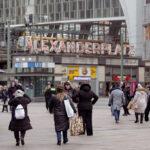 German economy, Europe’s largest, shrinks for second straight year
German economy, Europe’s largest, shrinks for second straight year
 Australian Open: Last year’s finalist Zheng Qinwen stunned in biggest upset so far
Australian Open: Last year’s finalist Zheng Qinwen stunned in biggest upset so far
 Comoros ruling party wins parliamentary elections, opposition rejects results
Comoros ruling party wins parliamentary elections, opposition rejects results
 Confused about all the tax changes in the past decade? Just wait
Confused about all the tax changes in the past decade? Just wait
 US inflation likely remained elevated last month, threatening interest rate cuts
US inflation likely remained elevated last month, threatening interest rate cuts
 Coors Light is changing its name
Coors Light is changing its name
 Tiger Woods’ son Charlie chuckles while watching his dad suffer heavy defeat in TGL debut
Tiger Woods’ son Charlie chuckles while watching his dad suffer heavy defeat in TGL debut
